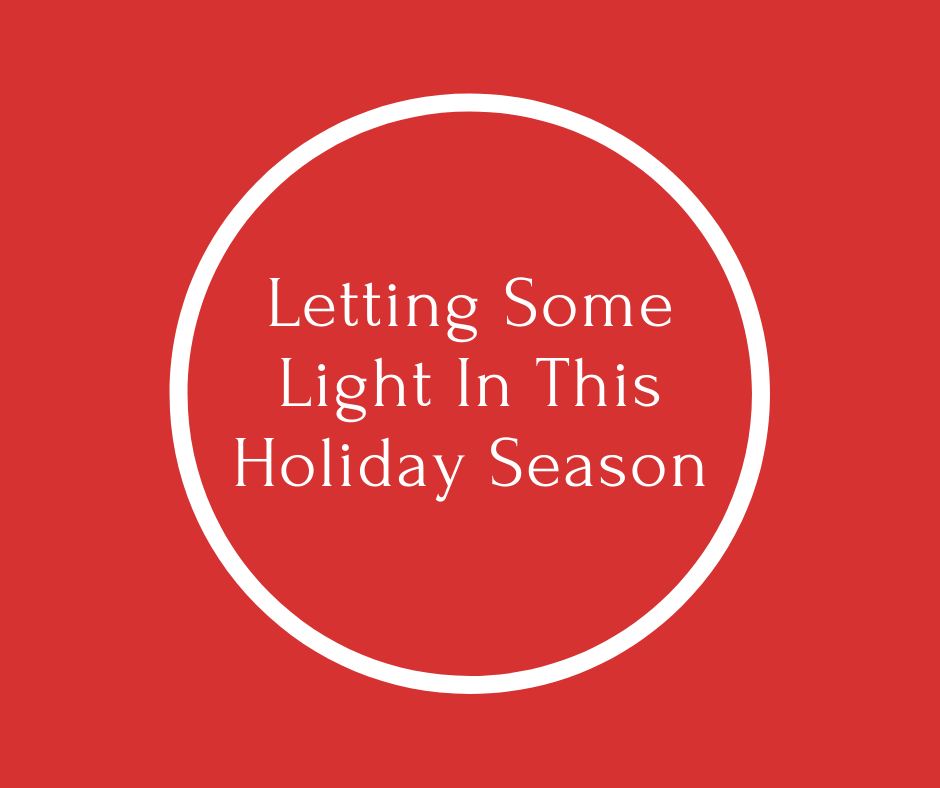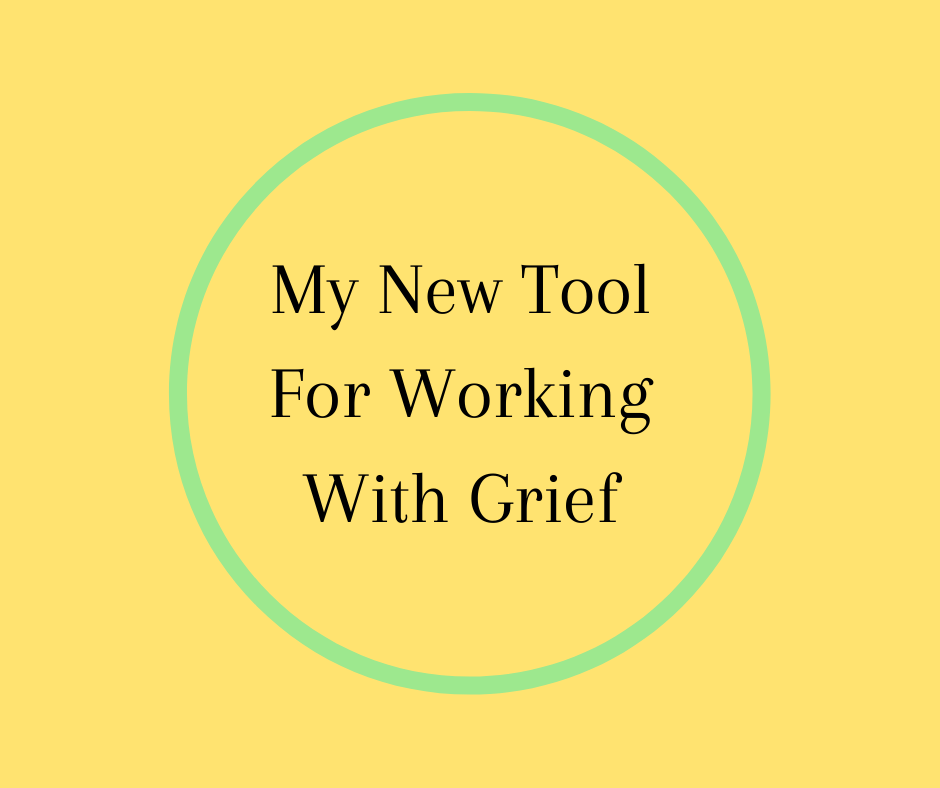I was thinking about an unsung hero in the hospice care team— the Certified Nurse’s Aide, the CNA. Of all the staff the CNA becomes, in so many situations, the closest person to the patient and family.
The CNA comes into the house or nursing facility and generally spends the longest time with the patient. Often the patient shares more with the CNA than with their own family members. We are so open and vulnerable when someone is giving us a bath, changing our bed, truly in our personal space. During that personal time the barriers seem to go down.
In the months before death we can talk and share who we are, our most private and personal thoughts, thoughts we may not share with anyone. The routine, the familiarity, the soothing comfort of a bath brings healing to the spirit. Being naked with someone, that vulnerability, tends to create a bond, a trust.
As death approaches and we actively withdraw, sleeping more and talking less, the comfort of our CNA “friend” is reassuring and actually pleasant as we distance ourselves from this world.
Nurses, social workers, even chaplains come and go but our own CNA we can count on, will be there with his/her gentle washing, soft touch, and quiet reassuring manner. A great listener, an easy hand is often the best medicine. It can set the tone for the rest of the day.
As I write this a thought occurs to me. “Maybe hospices aren’t sending the same CNA to the patient.” Is it like so many agencies that are not using primary care nursing, they aren’t using primary care CNAs? Please don’t tell me that thought is true, that agencies send a different CNA to a patient, that one CNA isn’t assigned to a particular patient for the duration of service.
End of life care is about comfort care, about providing not just physical care but emotional, mental and spiritual care. It is about support and guidance through one of the most challenging experiences of our life.
Our goal as we work with patients and their families is to neutralize the fear that comes with approaching death. Our goal is to provide stability and guidance during a time of confusion and uncertainty. Part of providing that stability is to create a relationship with the care providers, the RN, CNA, SW, and Chaplain. A relationship based on consistency of caregivers and established routines. It is those features of care that provide an anchor in a time of uncertainty.
Our CNA’s in end of life care provide a steady anchor. I salute you!
Something More about... The Hospice CNA: An Anchor in the Time of Uncertainty
When a hospice CNA spends time with families and patients, questions about the dying process will come up. This is where good education comes into play. A more sacred experience can be had when everyone knows what to expect. Be sure to give your CNA's the tools they need to support their patients during this time of uncertainty.








5 comments
Rian
I’m a new CNA who just got hired as a hospice CNA. I start next week and am looking forward to being a comfort to those in hospice. This helped encourage me and soothe my anxiety about the position. Thank you.
———
BK Books replied:
Hi Rian, I wish you success and fulfillment in your new career path. Working with end of life can be very rewarding. Since you are responding to this blog you must have access to the blogs. You can always go to the blog page and type in your concern and find articles with guidance and information. Reading my book The Final Act of Living will also give you more tools. If I can be of help, use my personal email barbara@bkbooks.com and ask. I want you to find joy and fulfillment in this new adventure Blessings! Barbara
I’m a new CNA who just got hired as a hospice CNA. I start next week and am looking forward to being a comfort to those in hospice. This helped encourage me and soothe my anxiety about the position. Thank you.
———
BK Books replied:
Hi Rian, I wish you success and fulfillment in your new career path. Working with end of life can be very rewarding. Since you are responding to this blog you must have access to the blogs. You can always go to the blog page and type in your concern and find articles with guidance and information. Reading my book The Final Act of Living will also give you more tools. If I can be of help, use my personal email barbara@bkbooks.com and ask. I want you to find joy and fulfillment in this new adventure Blessings! Barbara
April
I am a hospice CNA. Thank you for mentioning us and our importance. I absolutely love what I do. It is, for me, such an honor to be able to care for people during their end of life process. It is such a private and intimate moment in their lives and I respect that in the deepest sense. It is my calling. I feel my previous jobs and experiences have lead and prepared me to being a hospice CNA. I’m fortunate to work for an amazing non-profit hospice that truly cares about the patients. I do have my own patients that I see consistently. Having the same CNA is very important to the patients and families. It makes my heart sing to see a patient’s face light up when I enter the room. Or to help the family when they seem lost and overwhelmed. I want to give them all the absolute best of myself no matter the situation. Thank you again for writing about our importance.
———
BK Books replied:
Hi April, I couldn’t have described your work better than you did in your response. Thank you for sharing and thank you with blessings in the work you are doing. Barbara
I am a hospice CNA. Thank you for mentioning us and our importance. I absolutely love what I do. It is, for me, such an honor to be able to care for people during their end of life process. It is such a private and intimate moment in their lives and I respect that in the deepest sense. It is my calling. I feel my previous jobs and experiences have lead and prepared me to being a hospice CNA. I’m fortunate to work for an amazing non-profit hospice that truly cares about the patients. I do have my own patients that I see consistently. Having the same CNA is very important to the patients and families. It makes my heart sing to see a patient’s face light up when I enter the room. Or to help the family when they seem lost and overwhelmed. I want to give them all the absolute best of myself no matter the situation. Thank you again for writing about our importance.
———
BK Books replied:
Hi April, I couldn’t have described your work better than you did in your response. Thank you for sharing and thank you with blessings in the work you are doing. Barbara
Bob Jensen
I treasure your advice as my wife of 64 years caregiver
I treasure your advice as my wife of 64 years caregiver
Paula Schneider
Hi, Barbara. When I worked in hospice, “my” CNA was so important both to me and to my patients. I relied on her loving touch and her obvious devotion to our patients. There were many times I would sort of laughingly say that our patients tolerated me but LOVED our CNA. As far as I was concerned, she was the backbone of our hospice team. Our patients adored her.
Hi, Barbara. When I worked in hospice, “my” CNA was so important both to me and to my patients. I relied on her loving touch and her obvious devotion to our patients. There were many times I would sort of laughingly say that our patients tolerated me but LOVED our CNA. As far as I was concerned, she was the backbone of our hospice team. Our patients adored her.
Sandra
You will be tired of hearing from me, Barbara, but I just wanted to affirm what you’ve said. My husband had the same CNA 5 days a week for a year. She was an angel! They sang and laughed. He told her stories of growing up in England. She was able to “distract” or calm him when she had to do the most personal care. (What my husband called his little fella). We were blessed, and by chance she was there and had bathed and dressed him in his university shirt just before he died. We were both with him, which was also a blessing for me. So yes, CNAs are saints!!
You will be tired of hearing from me, Barbara, but I just wanted to affirm what you’ve said. My husband had the same CNA 5 days a week for a year. She was an angel! They sang and laughed. He told her stories of growing up in England. She was able to “distract” or calm him when she had to do the most personal care. (What my husband called his little fella). We were blessed, and by chance she was there and had bathed and dressed him in his university shirt just before he died. We were both with him, which was also a blessing for me. So yes, CNAs are saints!!